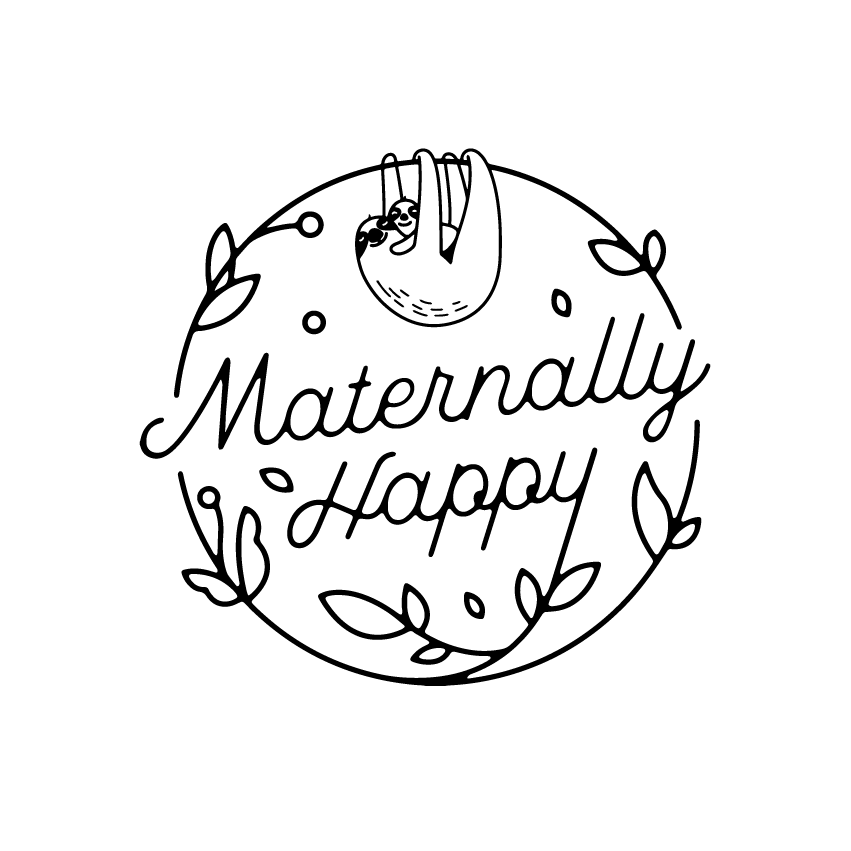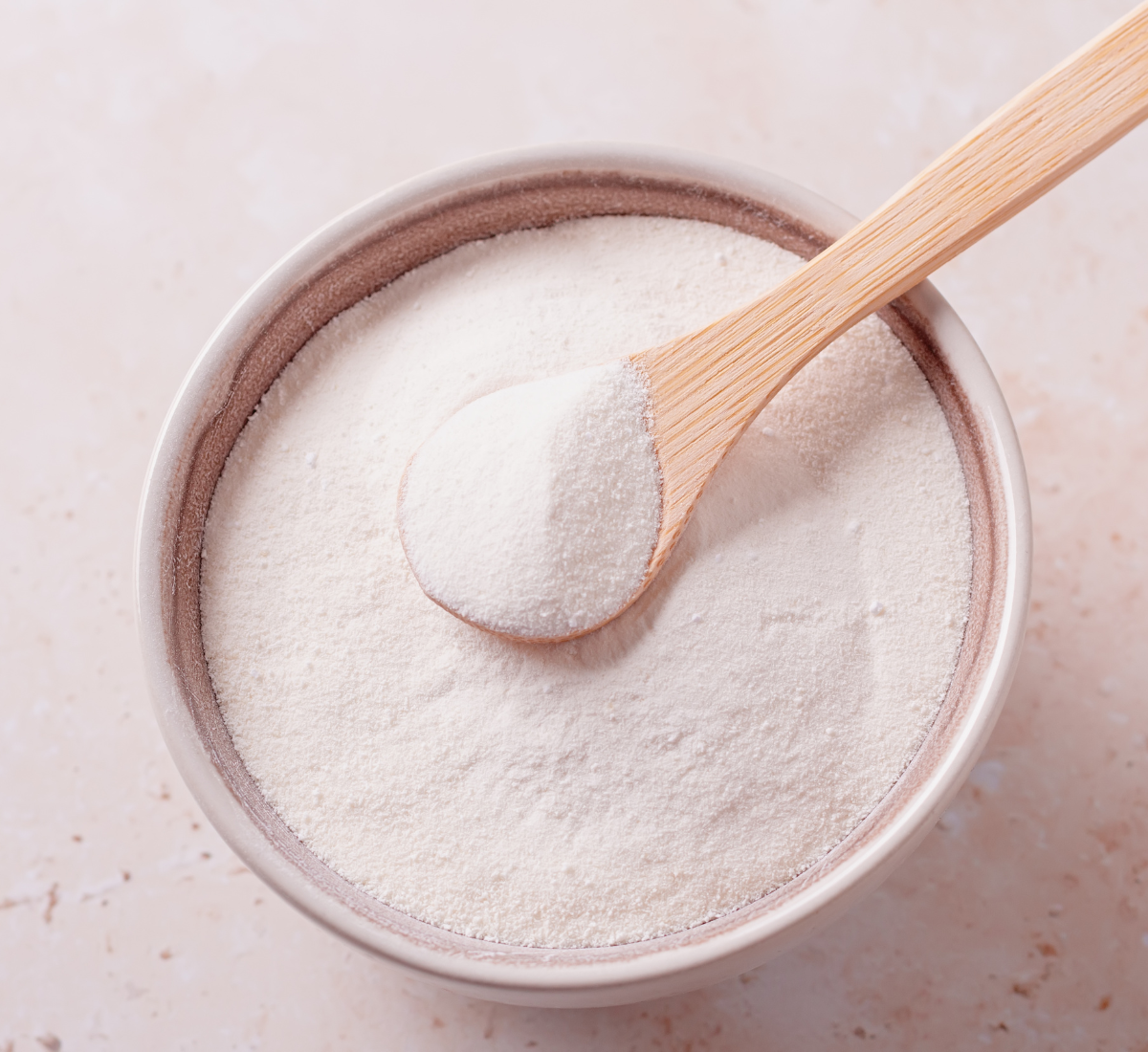



Article: Buffered vs Unbuffered Magnesium Glycinate: Choosing the Best for Absorption & Digestion

When shopping for magnesium supplements in Australia, especially magnesium glycinate tablets or capsules it can be hard to know which option is best for your health. You might see two products labelled “magnesium glycinate” but notice big differences in price, dosage, and results. That’s because not all magnesium glycinate is created equal.
Some are pure, unbuffered magnesium glycinate, known for gentle digestion and superior absorption. Others are buffered magnesium glycinate, which blends in cheaper magnesium oxide - a form with much lower bioavailability that can act as a laxative in higher doses.
If you want the best magnesium glycinate in Australia for supporting sleep, muscle relaxation, mood, and hormonal balance, it’s worth knowing the difference. In this guide, we’ll break down buffered vs unbuffered magnesium glycinate, and help you choose the right supplement for better absorption and real results.
Magnesium glycinate is a compound of magnesium bound to glycine, an amino acid. This form is highly regarded for its:
Support for sleep, mood, muscle relaxation, hormonal health + more
But here's the catch, not all magnesium glycinate on the market is pure.
Buffered magnesium glycinate typically contains a mixture of magnesium glycinate and magnesium oxide, a cheaper, less bioavailable form. This buffer increases the elemental magnesium content on the label but lowers the actual absorption rate.
Most consumers don’t realise that the magnesium oxide portion:
In fact, magnesium oxide is primarily used as an antacid or laxative, not for replenishing cellular magnesium levels.
Unfortunately, current regulations don’t require supplement companies to disclose whether their magnesium glycinate is buffered - meaning the label can legally claim “magnesium glycinate” even if it contains significant amounts of magnesium oxide. In fact, most magnesium glycinate products on the market are buffered.
This lack of transparency can be misleading, giving the impression of a high quality, well absorbed product, when in reality, a large portion may consist of poorly absorbed oxide, which is cheap to use and offers minimal therapeutic benefit.
It's not always easy, but here are a few tips:
At Maternally Happy, we believe in full transparency and formulating with purpose - not padding. That’s why our Pure Mag supplement contains only unbuffered, fully reacted magnesium bisglycinate. No oxide. No shortcuts.
We chose this form because it’s:
And most importantly, we want our customers to know exactly what they’re getting - and why it matters.
Buffered magnesium glycinate may look good on the label - but what your body actually absorbs is what counts. If you’re taking magnesium to support stress, sleep, hormones, or pregnancy wellness, it’s worth investing in the real thing.
Always read labels carefully, ask questions, and choose brands that are transparent about their formulations.
Cuciureanu, M. D., & Vink, R. (2011). Magnesium and stress. Nutrients, 3(11), 1102–1120.
About the Author
Caitlin Gilmore: Nurse, Midwife & Nutrition Consultant

Caitlin is the founder of Maternally Happy, an Australian wellness brand specialising in bioavailable supplements, prenatal vitamins, and evidence-based resources designed to support women from preconception through postpartum.
With qualifications as a Nurse, Midwife, and Nutrition Consultant, Caitlin combines over a decade of clinical experience with nutritional expertise to deliver trustworthy, research-backed advice. Her writing focuses on fertility, pregnancy, postpartum recovery, and hormonal health - helping women cut through the confusion with practical, evidence-based information.
When she’s not formulating practitioner grade supplements or supporting her community, you’ll find her enjoying a chai latte, hiking in nature, or spending time with her family, friends, and two border collies.